Chapter 7 Bankruptcy: Can You Keep Your House and Car?
chapter 7 Bankruptcy: can you keep your house and your car?
Facing overwhelming debt can be stressful, and many people considering Chapter 7 bankruptcy wonder what will happen to their assets—especially their home and car. Understanding how bankruptcy affects secured and unsecured property can help you make an informed decision about your financial future.
What Happens to Your Assets in Chapter 7 Bankruptcy?
Chapter 7 bankruptcy is designed to provide a fresh start by eliminating most unsecured debts. However, the process involves selling non-exempt assets to repay creditors. Whether you can keep your home or vehicle depends on equity, exemptions, and secured loan agreements.
Are Your House and Car Protected?
✔ Secured property with no net equity is typically safe. This includes homes and vehicles where the loan balance is equal to or greater than the property’s value.
✔ Exempt property, like retirement accounts and pensions, is usually protected. These assets are not subject to liquidation under federal and state bankruptcy laws.
✔ Property with equity may still be kept. Many bankruptcy cases allow individuals to retain assets that have equity, depending on available exemptions and repayment agreements.
What Happens to Non-Exempt Assets?
If you own property that is not protected under bankruptcy exemptions, it may need to be sold to repay creditors. The bankruptcy court will determine:
- Which assets must be liquidated
- How funds are distributed among creditors
- The remaining debt that qualifies for discharge
Once the process is complete, any remaining eligible debt is discharged, meaning you will no longer be responsible for repaying it.
Debts That Cannot Be Discharged in Chapter 7
While Chapter 7 bankruptcy eliminates many types of debt, certain obligations cannot be discharged, including:
❌ Some types of tax debt
❌ Student loans (except in rare circumstances)
❌ Criminal restitution
❌ Alimony and child support
❌ Court-ordered fines or penalties
If you have any of these obligations, you may still need to make arrangements to continue payments after filing for bankruptcy.
Is Chapter 7 Bankruptcy Right for You?
Filing for Chapter 7 can be a powerful solution for individuals struggling with debt, but understanding what assets you can keep is crucial. Each case is unique, and bankruptcy exemptions vary by state. Seeking guidance can help you navigate the process and protect the assets that matter most.
Take the First Step Toward Debt Relief
If you’re considering
Chapter 7 bankruptcy and wondering what property you can keep, it’s important to evaluate your options. Taking action now can help you regain financial stability and move forward with confidence.







